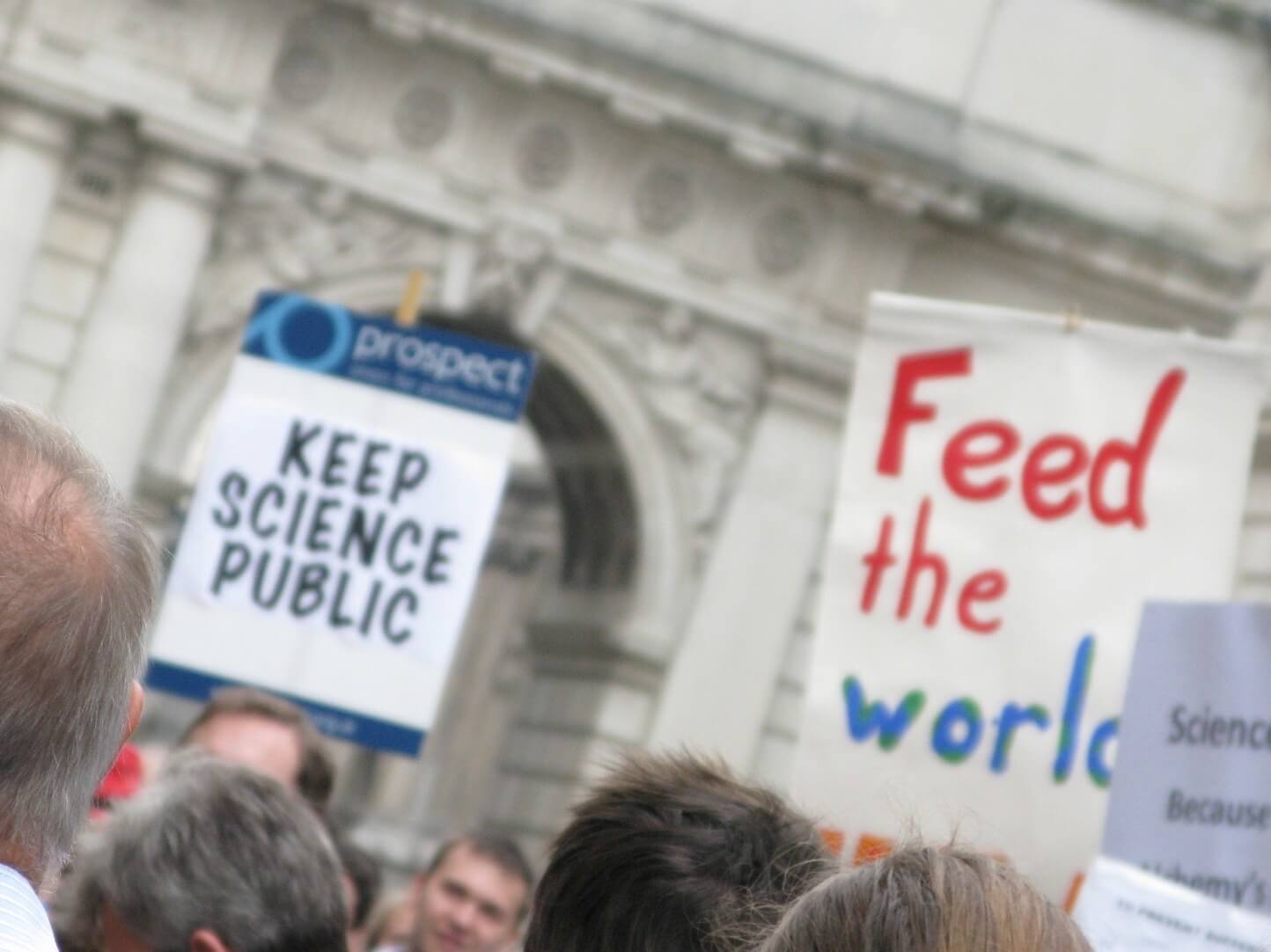A guest blog post by Dr Alice Bell, an academic and writer interested in relationships between science and the public. She blogs at https://alicerosebell.wordpress.com/ and you can follow her on Twitter @AliceBell
BP is to invest £64 million to set up an International Centre for Advanced Materials (BP-ICAM) based at the University of Manchester. It should amount to 25 academic posts, 100 postgraduate researchers and 80 postdoctoral fellows. Manchester, along with three further “spokes” at Imperial, Cambridge and the University of Illinois at Urbana-Champaign are understandably delighted at the funding. It is part of a package of UK investments from oil and gas firms announced at a major summit earlier this month which also included a £1.4billion project to extract shallow water gas from under the Southern North Sea.
As the Telegraph headline put it “BP invests in UK research to help it drill deeper”, and indeed much of the work will be investigating materials that can withstand the high pressures involved in the exploitation of deep-water resources. But as their overview of research projects (pdf) outlines, there’s work to explore more efficient production of biofuels and the build up of microorganisms on pipelines too. Such work is not to everyone’s environmental taste, but in the past BP might well have just developed such technology in house. And that, for me, is why we should be interested in this story. As the Nature News blog put it “As corporate research-and-development labs wither, many are turning to campuses to fill their research needs”, and I think it’s worth asking if we really be letting them. It’s easy to read the BP-ICAM as evidence of shortsighted exploitation of our natural resources, but it’s also worth considering the exploitation of the precious social resource that is state funded science.
 To quote George Osborne from the BIS press release: “Our research institutes include world-leading facilities that combine flexibility to pursue innovative research with a unique environment for developing outstanding students and early career researchers”. I totally agree. They are a great resource. Or rather they are an all-caps-GREAT resource, as BIS’ slightly alarming Olympian branding seems to insist upon. If we’re selling them off, I’d quite like to make sure we get our money’s worth. Similarly, the statement from Vince Cable (himself no stranger to the oil industry) celebrated the way UK higher education institutions were “boosting the status of the UK as a driver of innovation, and giving our firms a competitive edge”. Ok, but what else might we be doing with our universities, and what might we lose by exploiting them in such a way.
To quote George Osborne from the BIS press release: “Our research institutes include world-leading facilities that combine flexibility to pursue innovative research with a unique environment for developing outstanding students and early career researchers”. I totally agree. They are a great resource. Or rather they are an all-caps-GREAT resource, as BIS’ slightly alarming Olympian branding seems to insist upon. If we’re selling them off, I’d quite like to make sure we get our money’s worth. Similarly, the statement from Vince Cable (himself no stranger to the oil industry) celebrated the way UK higher education institutions were “boosting the status of the UK as a driver of innovation, and giving our firms a competitive edge”. Ok, but what else might we be doing with our universities, and what might we lose by exploiting them in such a way.
BI-ICAM is not without precedent. BP has invested in corrosion research at Manchester since 2010, in a project that also sends funds to MIT. Both BP and Shell are on Imperial College’s list of business partners and will have relationships with, at least, the careers’ offices in campuses across the country. Next months’ British Science Association’s Science Festival will be held at the University of Aberdeen, the location perhaps understandably attracting sponsorship of the oil industry, and BP and Shell have a long standing commitment to science education (e.g. their sponsorship of energy and climate galleries at the Science Museum).
Academics who study science policy have long talked about a “triple helix” where the interests of state, academia and industry are complexly entwined. The oil industry is a key player here, along with pharmaceutical industry, defence and more. As some recent Freedom of Information Data from the Campaign Against the Arms Trade notes, many top UK universities receive substantial funds from private arms companies. There are also wealthy individuals who cast influence: Gates, Grantham, Wellcome and, to return to oil money (if not oil research), Rockefeller. It may not fit everyone’s view of a pristine Ivory Tower, but realistically such towers don’t exist and it’s questionable whether we’d really want them to anyway. There is expertise to be found in industry, and jobs for graduates. Good links with industry can be attractive for prospective students, as the new Pearson degree (in conjunction with BT, Cisco and Atos) seems to be banking on. Indeed, I sometimes wish my academic colleagues had a greater connection to work that goes on outside the campus gates.
Still, academics need to keep some critical distance, control and pride, and ensure we do not simply sleepwalk into a situation where more and more of the innovation process is captured by industrial interests. Science and technology has the capacity to do amazing things. Not just make lots of money, but to spot and solve problems, to help feed us, keep us warm, watered, sheltered, healthy and safe. So we should ensure we reap its rewards and have a say in the sorts of problems we choose to apply scientific labour to. As Mariana Mazzucato argued in her influential 2011 pamphlet “The Entrepreneurial State” (downloadable from Demos), the state can be far more proactive in spurring industrial innovation than it currently is, and is arguably already more influential than it always takes credit for.
There is also some degree of democratic accountability which comes with publicly funded universities (or at least should do), and that’s something I think is worth guarding. I worry that when public research centres enter into deals with private firms it is easier to wriggle out of Freedom of Information requests or avoid public engagement work. It’d be nice if one of the outcomes of public-private partnerships in universities were to be an opening up of industry via rigorous public engagement projects and broad public participation (not simply delivering pre-planned PR via museums or festivals). But I’m not holding my breath. I worry the result will be the opposite: an even more closed academy.

So, what can you do if you don’t like the idea of BP utilising our public scientific resources? You can lobby for public funding and lobby for more publicly accountable research. You can write to your MP and ask questions of the Research Councils and of your local universities. I mean ask questions, not make demands, and it is worth taking advantage of the many routes to public engagement already open in many areas of academia. Go in to debate open to learn and work with scientists, not against them. We often see public protest as something enacted against science (e.g. on GMOs, animal rights) but it can be supportive too, and not necessarily in a simplistic “science will save the world, listen to us now” way either. Indeed we saw glimpses of protest to support science for the people at the Science is Vital rally in 2010. It would be nice to see more. Keep science public, express an interest. We might still decide that we want to invest in more efficient biofuels or how to avoid the build up of microorganisms on oil pipelines, but at least we’ll have been involved in that decision.
In 2003, Platform released the report Degrees of Capture – Universities, the Oil Industry and Climate Change that examined the relationship between the oil and gas industry and the UK higher education sector.